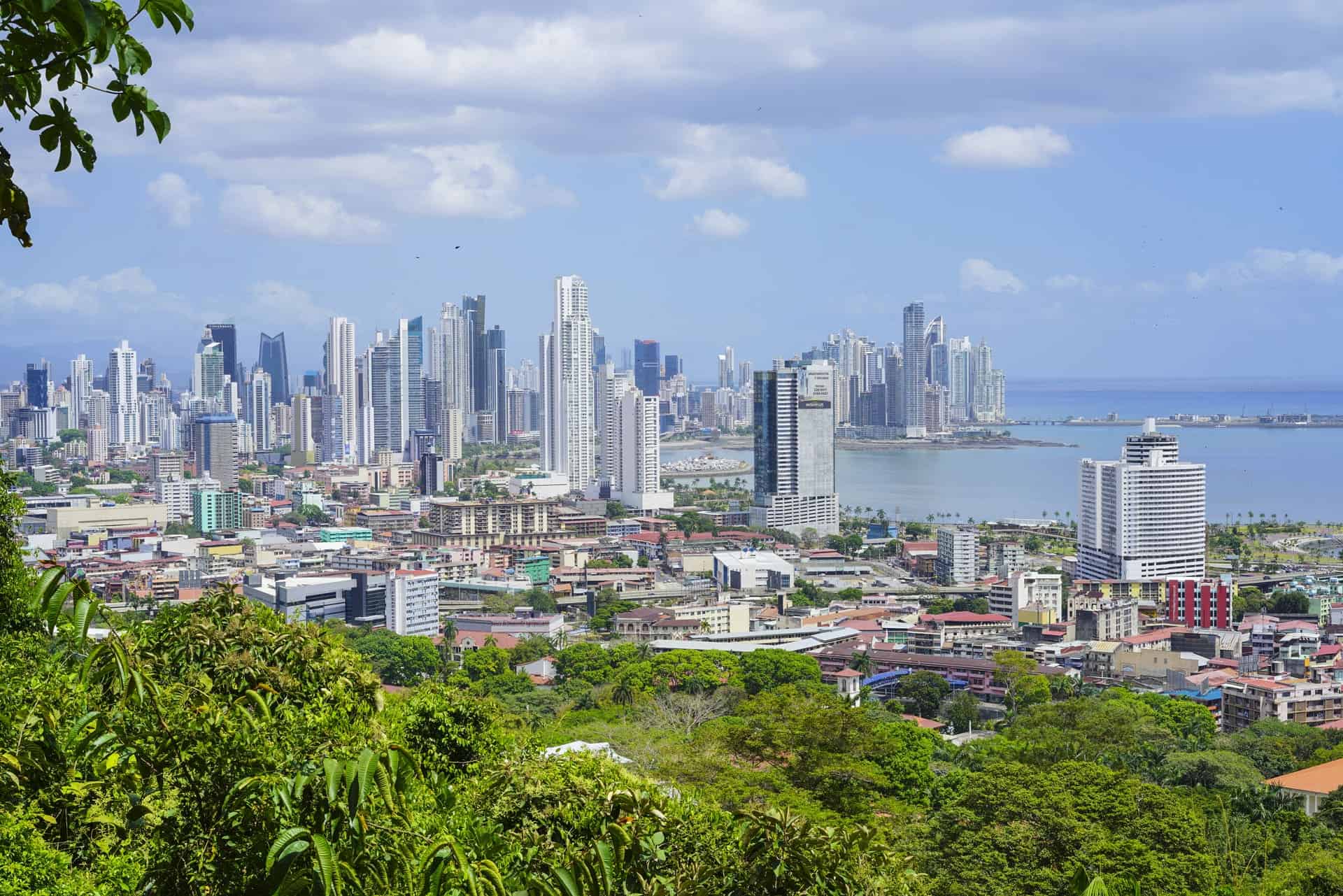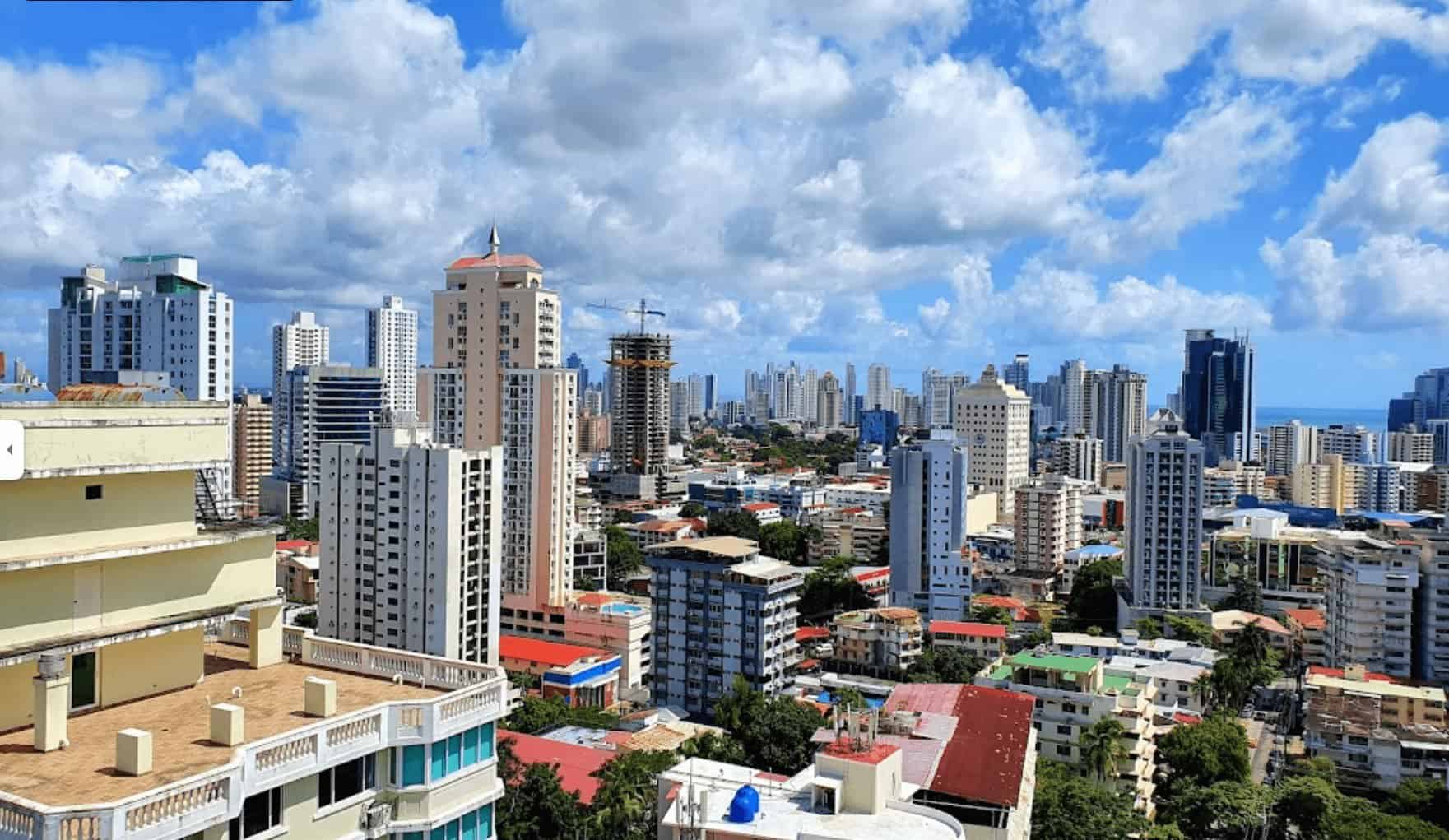In Panama’s real estate market, a revolution is underway – the evolution of smart homes. This article embarks on a fascinating exploration of how technology is reshaping the concept of home in Panama, from the initial rise of smart home innovations to their profound impact on the real estate market. We’ll delve into the advantages these modern marvels offer, but also uncover the potential drawbacks and challenges they bring. With a keen focus on the current landscape of smart homes in Panama, we’ll examine the existing trends and technologies that are shaping the way Panamanians live. As we peer into the future, we’ll speculate on the exciting advancements poised to further elevate the connected living experience in this vibrant country. Join us as we unravel the intricate tapestry of smart home evolution in Panama, paving the way for a future where homes are not just dwellings but integrated hubs of innovation and convenience.
- Smart Home Technology in Panama
- Impact on Panama’s Real Estate Market
- Drawbacks of Smart Home Technology
- Smart Homes in Panama: Current Landscape
- Future Trends of Smart Home Technology in Panama
- Conclusion
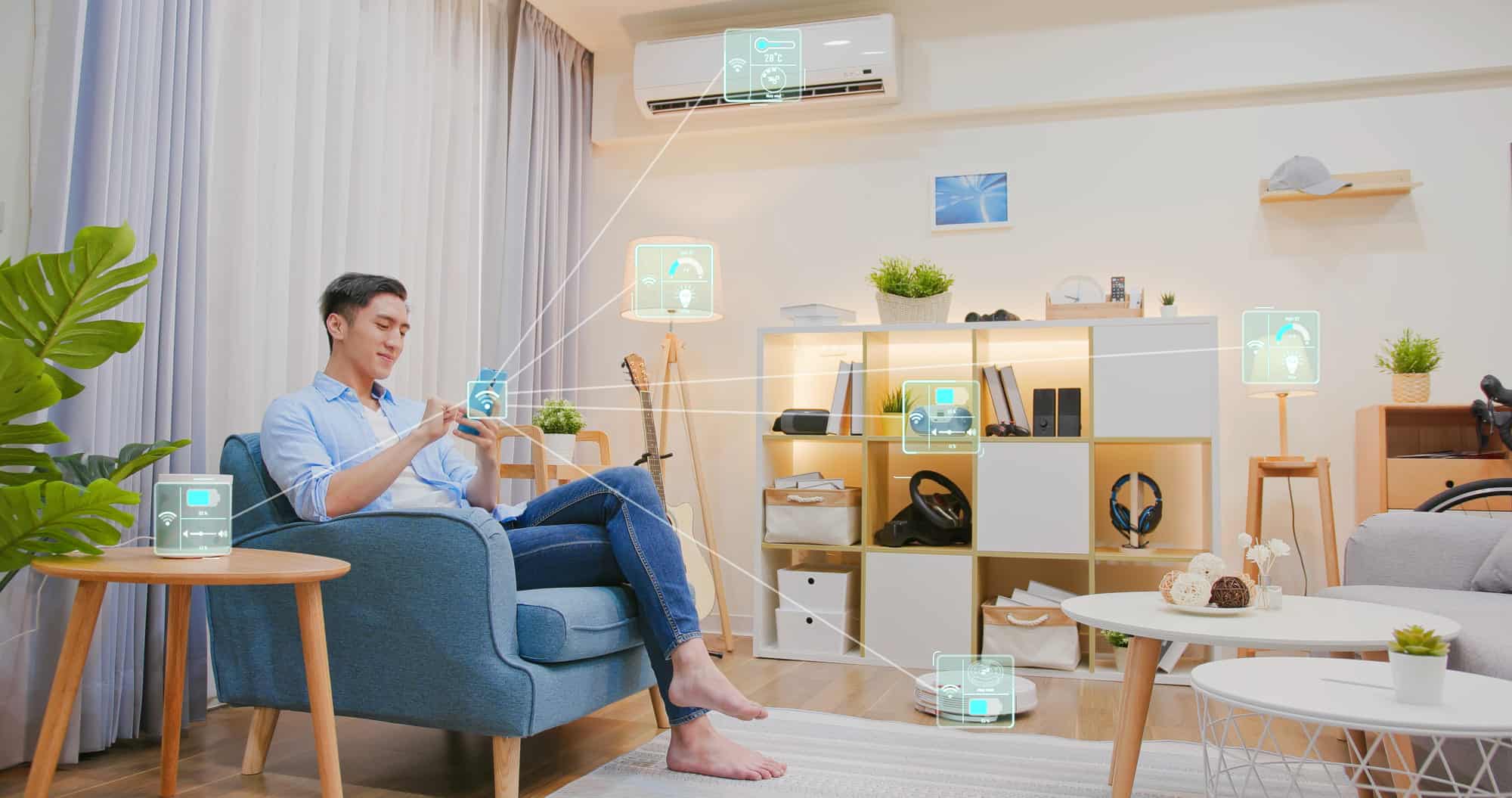
Smart Home Technology in Panama
Smart home technology refers to a household setup wherein appliances, gadgets, and systems are linked via the Internet, enabling remote control from anywhere with an Internet connection. Within a smart home, devices are interconnected, facilitating remote or voice-activated management of various functionalities such as security access, temperature regulation, lighting, and home entertainment. While offering homeowners convenience and potential cost savings, the innovation is not without its share of risks and technical glitches. Decisions may need to be made regarding the adoption of wireless or hard-wired systems to establish such an environment. This technology heavily relies on wireless-enabled gadgets, devices, and household appliances connected to the home’s Wi-Fi network.
Panama has access to a diverse array of home automation technologies akin to those accessible globally. Considering the worldwide advancements in smart home technologies and the increasing uptake of such innovations in Latin America, Panama likely offers a broad spectrum of smart home solutions. These typically encompass smart security systems such as video doorbells and surveillance cameras, intelligent lighting solutions, climate control via smart thermostats, and home entertainment setups controllable via smartphones or voice commands through integration with virtual assistants like Amazon Alexa, Google Assistant, and Apple HomeKit.
Impact on Panama’s Real Estate Market
Smart home technology is transforming the sector of apartments in Panama City, bolstering property worth and appealing to tech-savvy purchasers. Below are several impacts facilitated by smart home technology in Panama’s real estate industry.
- Enhanced Property Value: Properties equipped with smart home technologies are expected to command higher prices in the real estate market. Contemporary appraisals now take into account smart devices like thermostats, smoke detectors, and security systems when evaluating a home’s worth.
- Enhanced Safety and Security: Smart home technology offers security for homeowners, these systems empower residents to monitor their property from anywhere, offering peace of mind and a heightened sense of security. As more homeowners recognize the benefits of such systems, the ability to market properties equipped with advanced security features becomes a powerful tool in closing deals.
- Streamlined Convenience and Control: Smart home technology offers enhanced comfort and accessibility, contributing to an overall sense of well-being and happiness. Modern homebuyers are in search of more than just a residence; they desire a personalized experience aligned with their preferences. Such technology enables homeowners to tailor their living environment to suit their individual needs. The customizable features of these devices can serve as a persuasive selling proposition for clients who prioritize a distinctive living experience.
- Energy Conservation: Embracing smart home technology fosters energy conservation, enabling you to minimize your ecological footprint and trim down your monthly utility expenses. This empowers you to fine-tune energy consumption by adjusting temperatures when away or during specific periods of the day. New projects like Bioma in Costa del Este have a major focus on this.
- Universal Accessibility: Smart home technology fosters universal accessibility, catering to individuals of all ages, including those with physical impairments or seniors aiming for independent living. Particularly for older adults, smart home solutions offer reassurance to family members and caregivers. Remote monitoring and alerts play a role in ensuring their safety and overall wellness, while automated functionalities streamline daily routines. Highlighting this feature not only attracts a broader range of potential buyers but also promotes inclusivity and empathy within the real estate industry.
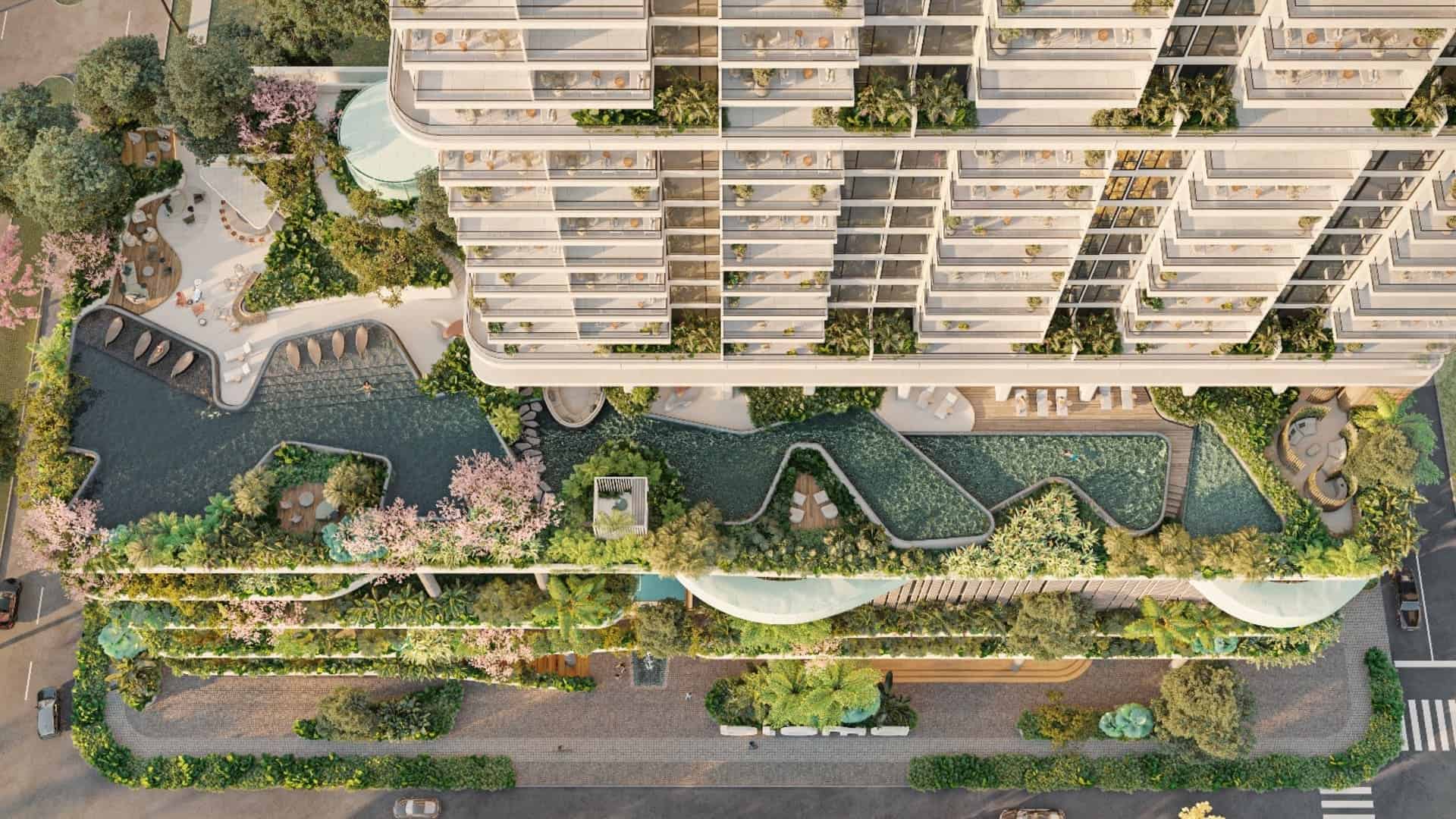
Drawbacks of Smart Home Technology
One potential drawback associated with smart home technology involves the compatibility among devices and systems. Given the multitude of options available on the market, it’s imperative to conduct thorough research and select devices that seamlessly integrate within the same ecosystem. Furthermore, smart homes heavily rely on a stable internet connection. While internet outages are infrequent, they can compromise the functionality of smart devices. It’s prudent to be prepared and have contingency plans in place. Certain smart systems feature built-in backup capabilities, allowing them to operate even without internet access. Like any connected technology, smart home devices are susceptible to cybersecurity breaches. Unauthorized access by hackers can compromise privacy and security. Implementing robust security measures such as strong passwords, regular firmware updates, and securing the Wi-Fi network is crucial.
Although smart home technology aims to streamline daily life, it may pose a learning curve for some individuals. Acquiring proficiency in operating and managing the various features and settings of a smart home system may necessitate a certain level of technical expertise, which can be challenging for those less familiar with technology. Engaging smart home professionals can offer valuable guidance and support in effectively setting up and using smart home systems. Initial startup costs are also a consideration when adopting smart home technology. Despite becoming more affordable over time, outfitting a home with smart devices and technology can still incur significant expenses. Conducting thorough research and budgeting for devices that align with one’s needs is essential to prevent overspending. Evaluating the long-term benefits and potential cost savings against the upfront investment required for a smart home system is paramount.
Smart Homes in Panama: Current Landscape
In Panama, much like in various parts of the globe, the integration of smart home technology represents a significant component of the broader global movement towards interconnected and automated living environments. The smart home market in Panama is experiencing rapid expansion, primarily fueled by the rising demand for energy-efficient solutions and enhanced home security. Forecasts indicate that the revenue in Panama’s Smart Home market is poised to reach $28.1 million by 2024, with an anticipated annual growth rate of 13.53%, which is underlined by new development projects like The Hub in San Francisco. This trajectory is expected to culminate in a market volume of $46.7 million by 2028. The global smart home market has witnessed substantial investments and dynamic growth, with prominent technology giants such as Amazon, Google, and Samsung making noteworthy acquisitions in the sector. This underscores the growing acceptance among consumers of products spanning from voice-activated assistants to intelligent security systems as indispensable household necessities rather than mere luxuries. As Panama continues to advance its digital infrastructure and consumers become increasingly aware of the potential advantages offered by smart home technologies, a corresponding surge in adoption within the region is foreseeable. This indicates a burgeoning market for smart home innovations in Panama, particularly as consumers begin to view these technologies as fundamental elements of contemporary living.
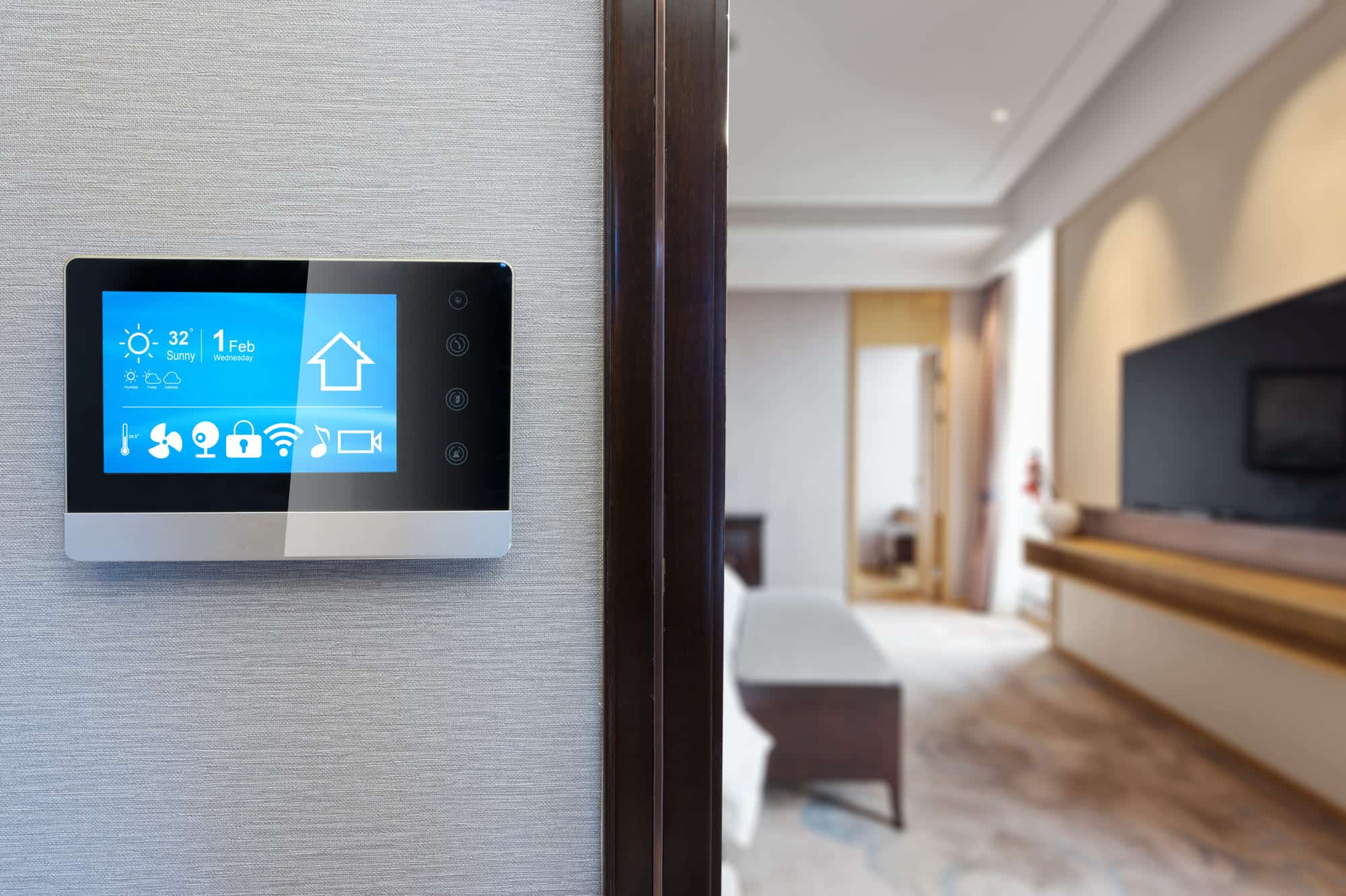
Future Trends of Smart Home Technology in Panama
Given Panama’s strategic embrace of digital transformation and innovation, as evidenced by its partnership with global technology leaders like Mastercard for digitizing public services, it’s logical to project a similar trajectory for smart home technologies. As the cost of smart technologies decreases and awareness of their benefits grows, more Panamanian households are likely to adopt smart appliances that offer convenience and energy savings. With the global rise of voice assistants like Alexa and Google Assistant, Panama’s future connected homes will likely integrate voice commands as a primary interface for controlling IoT (Internet of Things) devices, making home automation more accessible and user-friendly. As smart home technologies become more prevalent, ensuring the security and privacy of connected devices will be paramount.
Advanced encryption methods and secure networking protocols will become standard features to protect against unauthorized access and data breaches. IoT devices will play a role in monitoring and managing energy consumption, contributing to more sustainable living practices. Connected health devices and wearables that integrate with home systems to monitor vital signs and sleep patterns, and even predict potential health issues will become an integral part of managing wellness within the home. The Panamanian government’s commitment to digital inclusion and infrastructure, combined with initiatives from the private sector to introduce innovative smart home solutions, will be critical in driving the adoption and evolution of connected homes in the country. Public-private partnerships could facilitate the rollout of advanced digital services and infrastructure necessary for a seamless and secure smart home ecosystem.
Conclusion
In conclusion, the evolution of smart homes in Panama signifies a profound shift in the way we live and interact with our living spaces. From their initial rise to their impact on the real estate market, we’ve explored the advantages, drawbacks, and current landscape of smart homes in Panama. As we look ahead, the future promises even more exciting advancements, further enhancing the connected living experience. Smart homes are not just a trend but a transformative force shaping the future of living in Panama, where innovation and convenience converge to create homes that are truly integrated hubs of modern living.

